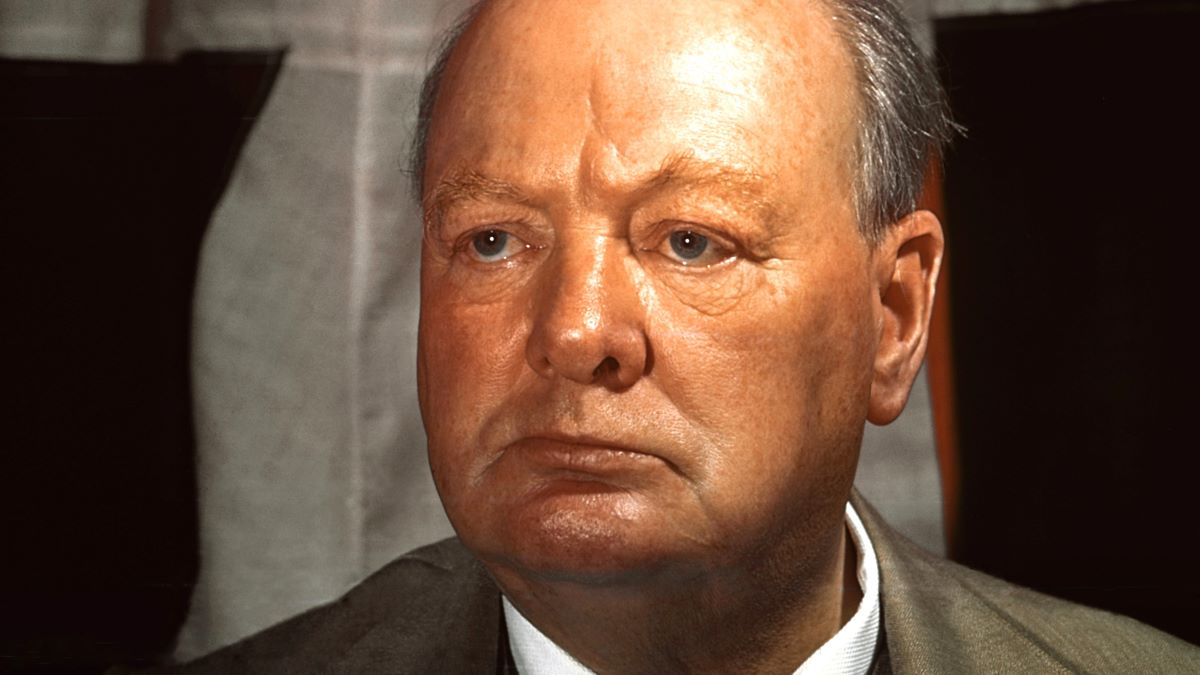Winston Churchill is a name that conjures images of the indomitable British bulldog spirit and a resolve of steel that saved Britain during its darkest hour.
Yet, behind the V-signs and victory cigars lies a figure as controversial as he is celebrated. He was a staunch imperialist who believed in the supremacy of the British Empire, yet also a champion of democracy and freedom. He saved Britain from Nazi tyranny, but also perpetuated the tyranny of empire. He was a brilliant strategist, but also prone to impulsive decisions and grandiose blunders.
So the question arises – did this towering historical figure, for all his flaws and foibles, ever cross the line into outright criminality? Well, that depends on how you define “crime.” If we’re talking strictly in terms of violations of British law during his lifetime, then the answer is probably no. On a lighter note, Churchill did once escape from a POW camp during the Boer War, which is illegal, technically speaking, but let’s be honest – it does add a certain roguish charm to his resume.
Skeletons in his closet
If we broaden our definition to include actions that would be considered war crimes or human rights abuses by modern standards, then Churchill’s record becomes much more murky. As a young firebrand, he wrote that “the Aryan stock is bound to triumph,” and he remained a diehard imperialist throughout his life, convinced of the God-given superiority of the British Empire. This belief led him to make decisions that unleashed a maelstrom of misery upon millions of people around the globe.
Perhaps the most grotesque example was the Bengal Famine of 1943, a catastrophe that snuffed out the lives of an estimated 3 million Indians. Churchill’s government diverted food supplies away from starving Bengalis to feed British troops and European civilians, and he callously blamed the famine on the Indians for “breeding like rabbits.” When concerned British officials wrote to him about the severity of the famine, Churchill responded by asking why, if the famine was so horrible, Gandhi was still alive.
It’s a shocking indictment of Churchill’s attitudes towards India and Indians and it’s far from an isolated incident. He also advocated for the use of chemical weapons against “uncivilized tribes” in Iraq. His rationale was that these were non-lethal methods of dispersing insurgents. However, it’s hard to read those words today without recoiling in horror at the casual endorsement of what would now be considered a war crime.
And let’s not forget Churchill’s role in the disastrous Gallipoli campaign of World War I, which resulted in over 100,000 Allied casualties thanks in part to his poor planning and hubris. Or his advocacy for the forced sterilization of the mentally ill and “feeble-minded.” Or his brutal suppression of anti-colonial uprisings in India and Ireland. The list goes on. None of these actions were technically illegal at the time, but they certainly violated basic principles of human decency.
However, to vilify him completely ignores the context of his actions. To glorify him overlooks the very real suffering his policies caused. So, was Churchill a criminal? Legally, no. Morally? That’s a debate that will continue over cigars and brandy for years to come.

